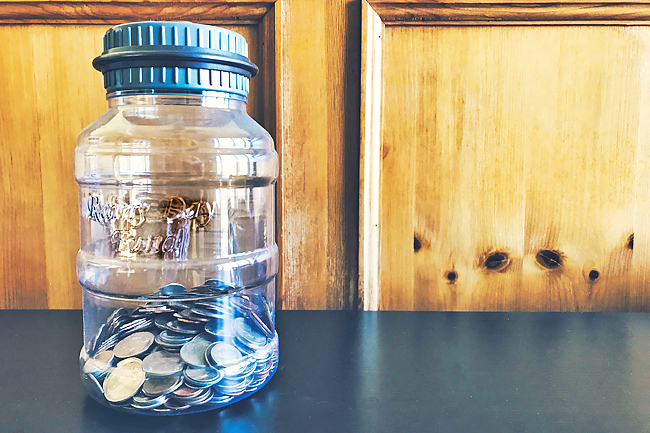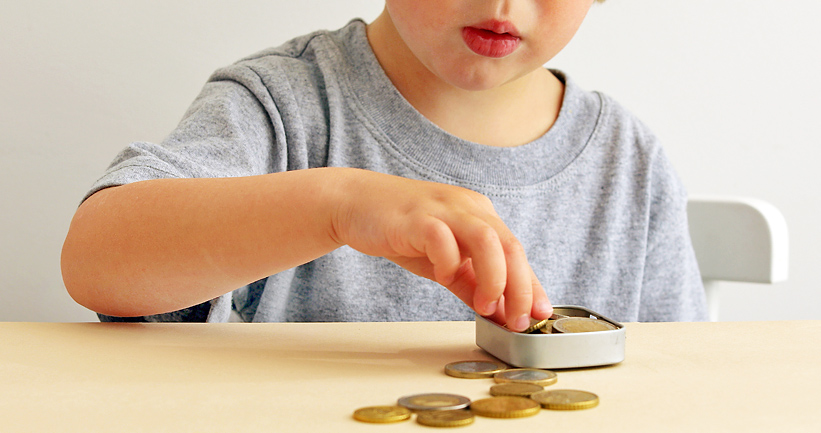We’ve all heard the phrase before – save for a rainy day. We heard it as young kids from our parents; we heard it in school from our teachers; we heard it when we started working; and we still hear it today.
What was so relevant back then as a young kid, is still more so relevant today especially in times of financial uncertainty. The concept of saving for a rainy day is to ensure that money is kept aside for emergency situations. A recommended amount to keep safely aside is at least four to six times of your monthly expenses so that in case a “rainy day” does happen, you will have enough funds to see you through for a few months.
Having an emergency fund is also part of good basic financial planning. Your emergency fund should not be confused with your savings. Your savings should be for other purposes such as big holidays, a down payment for a house, your wedding, children’s education, retirement, etc. With so many things to save for, the rule of thumb is to ensure that you have an emergency fund in place before starting a savings fund for other aspirations.
GETTING YOUR KIDS STARTED
Instill the idea of saving with your children as young as possible. The easiest way is to start them with their own coinbox. By giving them spare change every now and then, filling up their coinboxes will become a competition that they can’t wait to win. Once their coinboxes are full, take the time to count the money with them and tell your child what a fantastic accomplishment they have done by saving up so much money.
Open a savings account for your children where they can personally deposit their coins in and watch their money grow with the transactions recorded in their passbooks. Birthday, angpow and raya money should also be counted out and deposited for them. Remind them that this special savings will be for their future so that when they get bigger they will be able to pay for things by themselves and be financially independent.


If your children are receiving pocket money, remind them every time that they are given their pocket money to save some aside for their rainy day. Remind them that maybe sometimes you may not be able to give them pocket money so by setting some aside they would have some saved aside for times like those.
GETTING YOURSELF STARTED
Many people these days still do not maintain an emergency fund. But one may never know what may happen. An emergency fund will sustain you through unfortunate accidents, loss of employment or medical uncertainties. If you currently do no have an emergency fund set up, start building one now.
Add up all the expenses you have in a month which should include monthly utility bills, rent or home loan payments, grocery and travel expense requirements, etc. Once you have the total, add them up and then multiply it by six and that would be the minimum amount you would need in your emergency fund.
If you have sufficient cash now, allocate your emergency fund from there. Once you have your emergency fund in place, you can build on your other savings again. Your emergency or rainy day fund should be easily liquidated meaning that it should be easily accessed because you never know how quickly you would need to get it.
Do not touch your emergency funds for temptations. While it is tempting to use the extra money you have set aside to go for a holiday or buy a new mobile phone, be disciplined in ensuring that the fund is not used for anything except an emergency. If you had an unexpected car accident or your car broke down, then by all means utiltise the fund to help pay for repairs.
Choose a reliable bank to open your emergency fund account with and keep it separate from your savings fund. Don’t forget to keep a periodical check on your monthly expenses as these increases as time goes by. Currently you may have only a car loan but in future you may also have a home loan hence your monthly expense will increase. With the increase, your emergency fund must also increase.
While insurance is a good measure against unfortunate incidents happening, it does not cover all emergencies. – Standard Chartered Bank







